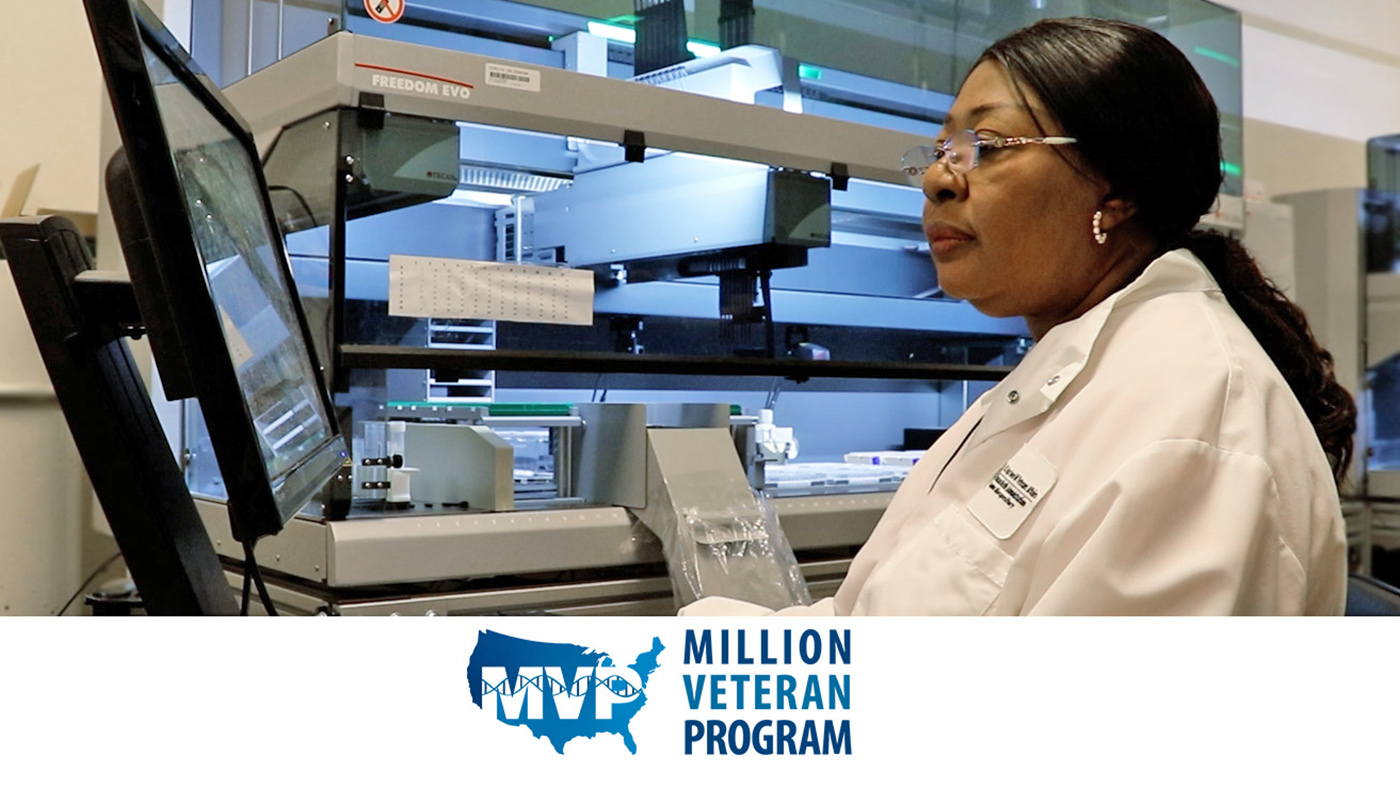We’ve discussed Veteran education a lot in the past week, and for good reason. As the size of the force contracts and more folks transition out of the military, education benefits like the GI Bill will be used by more and more Vets. It’s one of the most important benefits we offer, and demand will only grow.
Schools, then, must also keep up with the pace of more Veterans in the classroom. While most Vets just want to be identified as students, there are unique challenges associated with student Vets. They may need remedial classes in subjects like math (I certainly did), or dedicated mental health counselors on campus. An office that helps student Vets navigate complex forms—which for many schools was the extent of Veteran support—is now the bare minimum. Veterans resource centers are even opening at campuses across the country.
A recent NPR story highlighted the importance of support on campus, especially when it’s courtesy of fellow Vets. From the radio segment:
Tim Leonard, Veteran: The thing with vets, and a lot of people need to understand this, Vets will trust a Veteran’s word. OK? A Vet will trust a vet that’s been through it already. And we tell them: You can do it. Why can you do it? Because we’re doing it now.
Host: To a Veteran struggling to transition to college life, he says, that connection could be the difference between graduating and dropping out.
The extent to which a school steps up is important, if this story is any indication. The dynamic between the campus administration and the students they serve can have an impact on everything from class attendance to graduation. Universities are increasing their support every day, and participation in groups like Student Veterans of America helps speed that along. So if you’re on campus and think it could use some positive change when it comes to Vets, look into your local chapter and help your battle buddies out.
Topics in this story
More Stories
Seven U.S. Army soldiers, one Army Reserve soldier and two Veterans are representing Team USA at the 2024 Olympic Games in Paris, which begins today.
The findings of this new MVP study underscore the importance and positive impact of diverse representation in genetic research, paving the way for significant advances in health care tailored to Veteran population-specific needs.
VA reduces complexity for Veterans, beneficiaries, and caregivers signing in to VA.gov, VA’s official mobile app, and other VA online services while continuing to secure Veteran data.








For those considering going to college at a “military friendly” university, make sure you investigate further than the window dressing that is published on the school’s website. Inquire as to whether the school has a veterans association or student group, then contact some of the students that are actually taking classes.
I have been the president of the local student veterans organization at Texas Tech for almost a year and it is listed as “one of the top military friendly schools” in the country. Let me explain what that really means. The university goes out of their way to recruit veteran students, advertising one-stop for completion of VA forms and applying for financial aid. The university actively promotes the “veteran friendly” environment; until you arrive in the classroom. Numerous promises have been made to veterans in the form of tutoring services, priority registration, development of a veterans Upward Bound program and accommodations in the classroom that have all failed to materialize. The most disheartening of all is that the engineering colleges have a dean that is a veteran, yet they are the most discriminatory against veterans and the least “veteran friendly” areas of the entire university.
The graduation rate of veterans is well below any other group at the university. Credit is given for some military experience, but, none of the credit counts toward your degree program therefore you must repeat several courses that other institutions would waive as completed. Even foreign language requirements cannot be completed with military experience, but classes in high school do count toward completion.
The university does not include any prior credit or course grades in your grade point average and they do not understand that under current VA guidelines that if you drop a course during the semester, you lose money to pay bills, but if you fail the course, the VA will continue to pay you. In the event that you do fail a class (and I have yet to meet a veteran that hasn’t) you are placed on academic probation which cannot be appealed. The system is flawed, but it is the only one we have.
Consider carefully your choice of institution before enrolling and do your research in depth to find out the hidden truths of your choice of schools because you do not want to look for a different institution half way through your degree, only to find out that your credits won’t transfer anywhere else.
The programs offered through the VA educational program are good, but just like buying a car, research the university and all…
In Higher Education there are support systems for training the staff at schools. the National Association of Student Personel Administrators (NASPA) has a Vetrans Knowledge Community. http://www.naspa.org/kc/veterans/getconnected.cfm
The National Association of Veteran Program Administrators (NAVPA)http://www.navpa.org/ has been there for School Certifying Officials since 1975. Both Academic Advising (NACADA) http://www.nacada.ksu.edu/interestgroups/C47/index.htm and Student Disability Services (AHEAD) http://www.ahead.org/SIGs/veterans have special interest groups for the support of student veterans. All of these groups have good working relations with the Student Veterans of America (SVA) http://www.studentveterans.org/default.asp?
I would encourage students and staff to work together in making all campuses better for for all students but the way forward for student veterans has begun
To be successful, Arizona Veterans must help redefine the contextual interrelationship of our institutions: public and private, nonprofit and for profit, state and federal. We must eliminate the walls and barriers to education, prosperity, and wellness; eliminate the hedgerows that divide us, and encourage collaboration among diverse units and stakeholders. By doing so, we will alter the trajectory of Arizona’s Veterans and redefine the role that we play in education, in the economy, and in our communities…at all levels.
The vision of the Arizona Veterans & Military Leadership Alliance (AVMLA) is to establish Arizona as the most Veteran supportive state in the nation.
The mission of the AVMLA is to honor and to serve Arizona Veterans, service members, and their families.
The goal of the AVMLA is to establish public/private partnerships leading to statewide enterprises to give the Arizona Veteran and military communities an independent platform with which to implement comprehensive models and holistic solutions which address the continuum of challenges facing those communities and stakeholders.
The objectives are that we want more Veterans to come live in Arizona and we want them to be successful by defining and operating enterprise based, supportive programs and policies focused on education & training, jobs & economic opportunity, and health & wellness.
The AVMLA will advocate, initiate and enact public policy and private projects by operating a statewide enterprise which focuses on Arizona Veterans, Service members, and their families in the areas of education & training, job & economic opportunities, and health & wellness.
Arizona is home to over 600,000 Veterans and over 20,000 military personnel as of 2011.
Economically, financially and socially, what’s good for Veterans and Military personnel is good for the State of Arizona.
Because of the unique nature of the military experience, Veterans and military personnel constitute a substantial population at risk when measured by most social indices: post secondary education and training, suicide, incarceration, substance abuse, homelessness, divorce and others. This “at risk” population has shown lesser rates of successful outcomes in the areas of post secondary education, economic opportunities and wellness when compared to their civilian, nonmilitary counterparts.
A simultaneous, dual strategy is employed to create a model to Prevent an undesirable outcome (because it’s less expensive and more efficient) while Providing a continuum of care necessary to support those who…
Veterans and Military members are a population at risk.
Their service is inherently dangerous, debilitating, and incapacitating. Veterans, military members, and their families have the highest negative social indicators than any other group BECAUSE of their service and sacrifice: divorce, suicide, incarceration, homelessness, etc.
Many of us remember what a national disgrace it was for our Veterans when they were placed into an ill prepared and overwhelmed VA Medical system during and after the Vietnam War.
The question today is much the same as it was then. How do we help support the massive numbers of Veterans who will be “coming home” in the near future and how do we avoid the mistakes and horrors of the past?
There are factors which indicate that the returning Veteran scenario is a “Social Tsunami”…a perfect storm…a perfect storm which is forming and it’s heading straight for us.
The wars are winding down, there is tremendous downward pressure on state and federal budgets, the Department of Defense is implementing a large reduction in force…and to compound the problem, it is happening in a weak economic environment, the likes of which we haven’t experienced since the Great Depression of the 1930’s.
This leaves our returning Veterans with fewer choices upon returning home…choices that have both short term and long term impact.
Given the opportunity, Veterans will choose education and training as a way to transition back into a civilian environment and prepare themselves for a “new and global” economy and a healthy and prosperous lifestyle.
As Veterans and leaders in our community, we must plan and act accordingly so that our support networks and agencies are prepared for the days ahead.
If we seize the moment and embrace our Veterans with comprehensive, support systems, protocols, programs and policies, we, as a community, as a society, will benefit immediately and immensely on every level: socially, economically, and financially.
You should do a story on Rosa Lundborg. She is the veterans coordinator at the University of Washington-Bothell and she does a tremendous job. As an OIF veteran, I do not know where I would be withou the help and support of her. She is always on top of her job and never forgets a face. She has always provided excellent support and I really do hope that you do a story on her. She deserves the recognition and often refers to us vets as her “children”. It means so much to have her here at UWB and I thin that showcasing her would be a tremendous example for other schools to follow. Please Do a Story on her!!!!
As an “old Marine” (68-72), and a VFW District
and Post Service Officer and JAG. I can tell you
the VFW is not just a bar. The VFW provides
support, advocacy, counseling, and mentors. No
returning veteran should ever be alone.